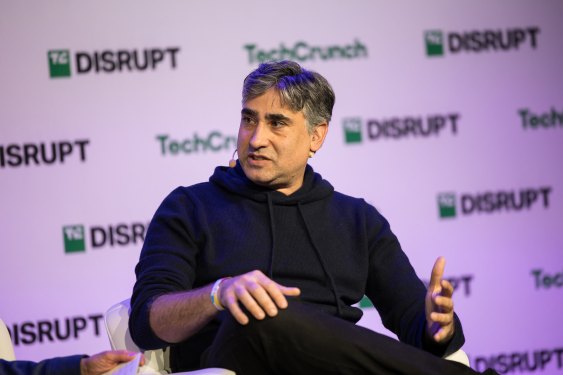Andreessen Horowitz general partner VC Martin Casado argued that lawmakers are focusing on a mythical future AI experience instead of understanding the new risks AI introduces. He spoke at TechCrunch Disrupt 2024, where he expressed his concerns about the current approach to regulating AI.
A Lack of Understanding
Casado pointed out that many proposed AI regulations do not come from or are supported by those who understand AI technology best, including academics and commercial sector builders. "You have to have a notion of marginal risk that’s different," he said. "Like, how is AI today different than someone using Google? How is AI today different than someone just using the internet?"
The Problem with Regulating Based on Fear
Casado believes that regulating AI based on fear and sci-fi concerns rather than tangible risks will lead to poorly worded laws that stifle innovation. He cites California’s attempted AI governance law, SB 1047, which was vetoed by Governor Gavin Newsom. Casado argues that this law would have confused and stifled the state’s hot AI development scene.
The Counterargument
Advocates of AI regulation point to past technologies like social media and Google, which were initially unregulated but later caused significant harm. They argue that these technologies should have been regulated early on. However, Casado responds by saying that there is a robust regulatory regime in place today that has developed over 30 years.
Regulating Existing Technologies
Casado believes that AI shouldn’t be targeted because of issues with other technologies. Instead, he suggests that the root causes of these problems should be addressed. "If we got it wrong in social media, you can’t fix it by putting it on AI," he said. "Let’s go fix it in social."
The Need for a Different Approach
Casado argues that regulators need to take a more nuanced approach to understanding the risks and benefits of AI. He believes that existing regulatory bodies are equipped to construct new policies for AI and other technologies.
A Path Forward
Casado’s opinion is that AI regulation should follow the path already hammered out by existing regulatory bodies. He also emphasizes the importance of targeting specific issues rather than relying on fear-based regulations.
A More Robust Regulatory Regime
There are several regulatory bodies in place today, including:
- The Federal Communications Commission
- The House Committee on Science, Space, and Technology
- Other federal agencies responsible for regulating technology
These organizations have developed policies over 30 years to address emerging technologies. Casado believes that this existing framework can be used to develop new policies for AI.
Addressing Root Causes
Casado suggests that regulators should focus on addressing the root causes of problems rather than relying on fear-based regulations. He argues that this approach will lead to more effective and efficient solutions.
Conclusion
The current approach to regulating AI is misguided, according to Casado. By focusing on a mythical future AI experience instead of understanding the new risks AI introduces, lawmakers are creating poorly worded laws that stifle innovation. Casado proposes a different approach, one that takes into account the existing regulatory framework and targets specific issues rather than relying on fear-based regulations.
By adopting this more nuanced approach, regulators can develop effective policies for AI while fostering innovation and progress in the field.
Related Articles



